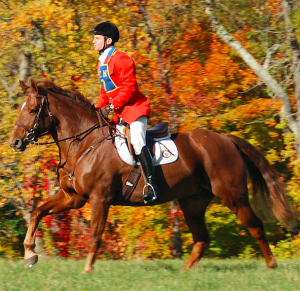Lifestyle, environment and chronic disease – a confluence of causes
This is the first part in a short series of interviews with the esteemed folk who spoke on August 11 at ‘An Evening with Dr David Katz. Lifestyle, environment and chronic disease: a confluence of causes.’ Co-hosted by the Australasian Society of Lifestyle Medicine and the Charles Perkins Centre.
We find out what led them to their current field and what their thoughts are on recent health movements. And, just for good measure -as Roman poet, Ovid, said, “In our leisure we reveal what kind of people we are” – we look for a small insight into who they are outside of their work.
Well, it seemed only polite that we have a quick chat with Dr David Katz before a whole evening with him! Here’s what the Founding Director of Yale University’s Yale-Griffin Prevention Research Centre and President of the American College of Lifestyle Medicine had to say:

What drew you to the area of Lifestyle Medicine?
Propitious timing. I was already inclined, after my training in Internal Medicine, to address chronic disease, and focus on prevention. I completed my second residency, in Preventive Medicine, in 1993. In that year, a paper was published in JAMA entitled, ‘Actual Causes of Death in the United States’, indicating that a short list of modifiable lifestyle factors – notably what we do with our feet (physical activity), forks (diet), and fingers (tobacco) – represented the true, underlying or root causes of 80% of premature deaths and chronic disease. That’s it – I was hooked. This was where the relevant action was and this is was where I wanted to be.
With ‘clean eating’ and ‘fitspiration’ all the rage, people feel like they are being bombarded with healthy lifestyle messages. Why do you think this trend is not reflected in society’s health?
Because it’s hard to do. Motivation, inspiration, and will power can only take you so far. To go the rest of the way, you either need ‘skill power’ most people don’t have – or you need a culture that helps pave the way to health, rather than putting an obstacle course in front of you. We need to change ourselves to overcome, with skills, the challenges of the modern world – and we need to change the modern world so it doesn’t place so great a burden on individuals trying to get to health.
If you could address only one of the barriers facing a shift towards preventive health, what would it be?
The idea that junk can be food, or that food can be junk. FOOD IS FOOD, JUNK IS JUNK! I would want the public to embrace that, and the food supply to respect it. It could make a world of difference. On the other hand, very tempting to go with… eradicating tobacco to the ashtray of bad historical ideas! Either would do…
Do you think health professionals should be more vocal on environmental issues?
Absolutely. I think we are getting there. There can be no healthy people without a viable planet to live on – and our planet is in peril. If you are not addressing that, you are missing the quintessential big picture.
You have three hours of completely uninterrupted time; how do you spend it?
On horseback, with my dear friend Troubadour, in the beautiful Litchfield Hills of Northwest Connecticut.
What is your dinner of choice when you are rushed for time?
Almost anything my wife makes! The good news, you can make the same; see cuisinicity.com.
Read more and watch the talks at An Evening with Dr David Katz – Lifestyle, environment and chronic disease: a confluence of causes.




